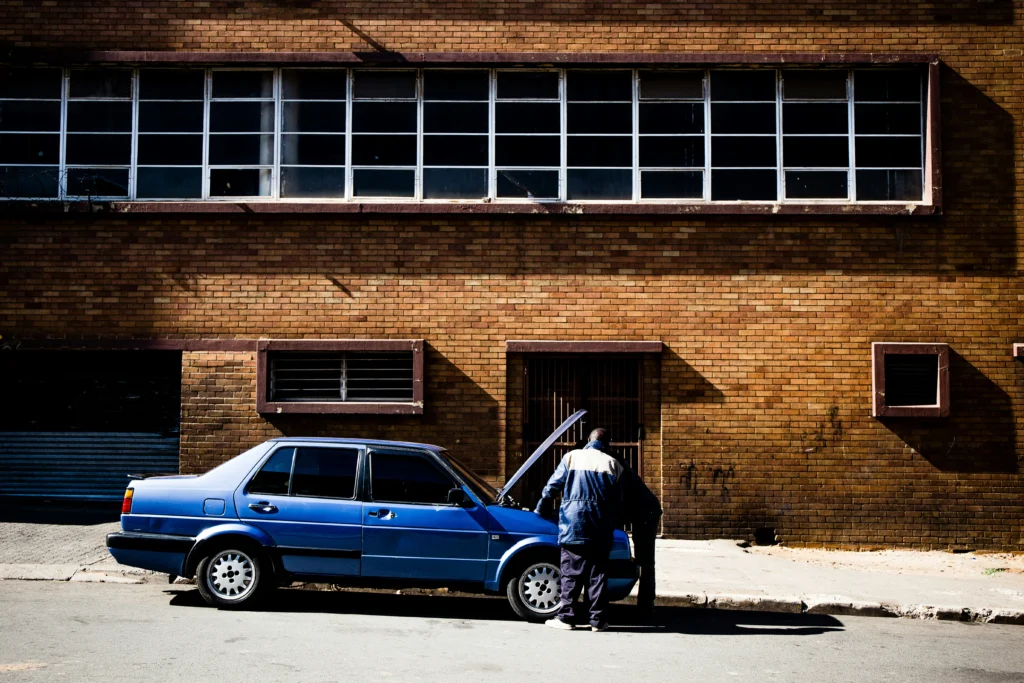
who gets the insurance check when a car is totaled? : Imagine this: you’re cruising down the road, music playing, windows down, when suddenly – bam! Your car is involved in an accident. Thankfully, everyone is okay, but your car looks like it’s seen better days. The dreaded question arises: is it totaled?
If the answer is yes, navigating the insurance claim process can feel overwhelming. One of the biggest questions that pops up is – who gets the insurance check? Buckle up, because we’re about to break down exactly who receives that payout, depending on your car’s ownership status.
Scenario 1: You Own Your Car Outright (Debt-Free Dream!)
Congratulations! You’re a debt-free car owner, and that means the insurance payout process is fairly straightforward. Here’s what happens:
- The insurer assesses the damage: They’ll send an adjuster to evaluate your car’s pre-accident value, also known as Actual Cash Value (ACV).
- Payout minus deductible: The insurer subtracts your chosen deductible (the amount you pay before insurance kicks in) from the ACV.
- Check arrives (hopefully!): You’ll receive a check for the remaining amount. This money can be used to buy a new car, pay for repairs if you decide to keep the totaled vehicle (with a salvage title), or for anything else you choose.
Bonus Tip: Consider adding GAP (Guaranteed Auto Protection) insurance to your policy. This covers the difference between your car’s ACV and what you still owe on the loan (more on that in a bit).
Scenario 2: You Have a Car Loan (The Loaner Life)
If you’re still paying off a car loan, things get a bit more complex. Here’s why:
- The lender has a say: Since you haven’t fully paid for the car, the lender has a financial stake in it. They’ll be listed as the lienholder on your car title.
- Insurer pays the lender first: The insurance company will prioritize paying off your loan balance with the ACV amount.
- Leftovers are yours (maybe): If the ACV minus the deductible is more than what you owe, you’ll receive the remaining funds.
Important Note: This payout process can vary depending on your specific loan agreement. Make sure to review your loan terms to understand your responsibilities in case of a total loss.
Scenario 3: You’re Leasing Your Car (The Lease Labyrinth)
Leasing a car involves a different ownership structure, so the payout process differs again:
- Leasing company takes the wheel: The leasing company holds the title to your car, so they’ll be the recipient of the insurance payout.
- Lease termination: Once the insurance company pays off the lease, your lease agreement will likely be terminated.
- Potential out-of-pocket: Depending on the terms of your lease and the payout amount, you might still owe money to the leasing company if the ACV doesn’t cover the entire lease balance.
Pro Tip: Some leases offer GAP coverage specifically for leased vehicles. This helps bridge the gap between the insurance payout and your remaining lease obligation in case of a total loss.
Remember, Communication is Key!
No matter your car’s ownership status, staying in touch with your insurance company and lender (if applicable) throughout the claim process is crucial. They can clarify specific details about your payout and answer any questions you might have.
By understanding who gets the insurance check when your car is totaled, you can navigate this situation with more confidence. Remember, knowledge is power, and this knowledge will empower you to make informed decisions about your next steps.
